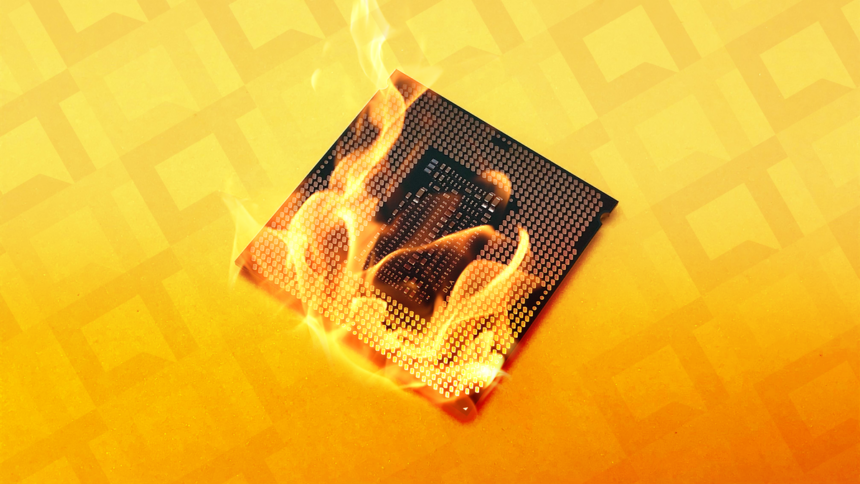Motherboard manufacturers have begun rolling out a third update aimed at addressing instability issues with Intel’s 13th and 14th-generation CPUs. However, contrary to Intel’s assurances, this new update seems to have an adverse effect on the processors’ performance.
Initially, Intel claimed that their internal tests showed only minor fluctuations in performance—around ±1%—after updating to the 0x12B microcode. But in reality, the latest BIOS updates distributed by motherboard manufacturers have led to more significant performance reductions. For instance, a user known as twfox on the Chiphell forum tested an Intel Core i9-13900K on an ASUS motherboard and observed a drop of up to 6.5% in synthetic benchmark scores.
During Cinebench R15 testing, the i9-13900K achieved a score of 314 points for single-core performance, which is 26 points lower than its original score of 340. This decline positions Intel’s top-of-the-line processor on par with AMD’s mid-range Ryzen 7 7700X, which scored 320 points in the same benchmark.
The i9-14900K also faced performance declines, though to a lesser extent. Its multi-core score fell from 38,000 to 37,276 points, marking a reduction of about 2%, aligning it with the performance level of the Ryzen 9 7950X.
While these results don’t align with Intel’s initial promises, users have limited options for addressing the situation. The primary course of action is to ensure the system is updated with the latest BIOS version to mitigate the “Vmin Shift” issues that could potentially harm the processors.
Another option is to consider upgrading or building a new system with a more basic or intermediate Intel CPU that isn’t impacted by these instability problems. Additionally, the upcoming Intel Core Ultra 200 Arrow Lake-S processors are on the horizon, and waiting for their release might be a prudent choice.





